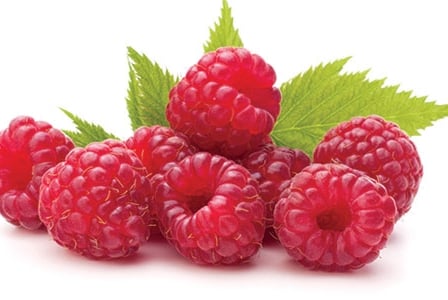
While nothing beats a healthy diet and exercise, these three supplements may give you a helping hand in weight management.
When people talk about weight management strategies, they share countless opinions on what works and what doesn\’t. While nothing beats the tried-and-true plan of eating a healthy whole food-based diet and getting regular exercise, these three supplements may help make a difference.
Garcinia cambogia
The rind of this small, pumpkin-shaped fruit, also called a tamarind, contains a compound called hydroxycitric acid (HCA) that is responsible for garcinia’s appetite suppressing and fat storage blocking benefits. If you want to ensure that you’re getting the most effective product in the Garcinia cambogia category, insist on a 60 percent HCA extract that is naturally bound to both calcium and potassium in hydroxycitrate form. Products with 50 percent calcium-bound garcinia materials may be inferior when it comes to bioavailability and effectiveness.
Studies to date have not reported adverse side effects in human trials. This compound may also reduce inflammation markers in the brain, intestines, kidneys, and blood serum.
Green coffee bean extract
Green coffee bean extract is a popular nutrient for blood sugar control and weight management. The active compound in green coffee bean is an antioxidant called chlorogenic acid. However, green coffee extract should include both chlorogenic acid and the active isomer of chlorogenic acid known as 5-caffeoylquinic acid in a 5:1 ratio.
A 2014 animal study evaluated green coffee bean extract’s ability to manage weight gain in mice fed a high-fat diet. Researchers found that it helps to reduce fat accumulation and insulin resistance by reducing the activity of genes involved in fat production.
Raspberry ketones
Derived from red raspberries, this compound, which gives raspberries their appetizing aroma, has been shown to prevent weight gain and to increase the breakdown of fat in studies of animals fed high-fat diets.
In addition to aiding weight loss, a 2012 animal study found that raspberry ketones also have a protective effect against nonalcoholic steatohepatitis (NASH). (This disease is similar to alcoholic liver disease, but it occurs in people who drink little or no alcohol.) An 8-week study showed that raspberry ketones protected liver cells while reducing the fatty degeneration of liver cells. Raspberry ketones also appeared to reduce liver inflammation and reduce fat overall.
As you strive to reach your ideal body goals, ask your health care practitioner whether these nutrients could be beneficial additions to your regimen.



